by Dr. Talia Marcheggiani, ND | Jun 9, 2015 | Art, Balance, doctor as teacher, Evidence Based Medicine, Medicine, Mind Body Medicine, Naturopathic Philosophy, Naturopathic Principles, Patience, Patients, Philosophy
In most service industries, there are certain guarantees. If you go to a restaurant, your soup is guaranteed. At the GAP, you will get a pair of chinos, guaranteed. In lots of instances, you get what you are paying for and in most cases, you get to see if before you hand over your credit card—a coffee, a massage. In many cases, if you’re not satisfied, you can get your money back—guaranteed.
This is not the case in medicine. We cannot legally guarantee results. There are no guarantees.
Everybody and every body is different. Contrary to what it might seem like in our age of paralyzing fear of uncertainty, no one has all, or even most, of the answers.
Dr. Google makes it seem like we do, though.
When I see a new patient who is worried about their health and their future, I want to be able to promise them. I want nothing more than to say, “these breathing exercises will eliminate your anxiety, just like you asked for: poof! gone.”
I want to guarantee things.
I want to tell someone that, if they follow my instructions, they’ll never have another hypertensive emergency again. I want to, but I can’t. No one can. And our job is not to guarantee. It is to serve.
A $10,000 bag of chemotherapy pumped into your arm will not guarantee that the cancer goes into remission no matter how many studies show it has an effect. I can’t promise you’ll get pregnant, even though I’m doing my best, you’re doing your best and science is doing its best.
That’s all I can guarantee: that I will try my very best.
I can be your researcher, teasing out the useful scientific information from a sea of garbage and false promises—false guarantees from those who have no business guaranteeing anything. I can provide my knowledge, culminated from years of study and practice and life. I can sit with you while you cry and hear you share your story. I can let you go through your bag of supplements, bought in a whirlwind of desperation, and tell you what is actually happening in your body—something that doctor didn’t have time to explain. I have time to spend with you. We can have a real conversation about health. I can also make recommendations based on my clinical experience, research and millenia of healing practices. These recommendations will certainly help—virtually everyone sees some kind of benefit—but I can’t guarantee that either.
I watched a webinar on probiotics recently. The webinar sent me into a spiral of existential probiotic nothingness. I’ve been prescribing probiotics for years. I’ve seen benefits from them with my own eyes. Patients have reported great things after taking them and I feel better when I take them: my stomach gets flatter, things feel smoother, my mood gets lighter. Probiotics are wonderful. However, according to the research that was being presented by this professional, which he’d meticulously collected and organized, many things we thought about probiotics aren’t true. I’d have to change my whole approach when it came to probiotics, prescribing certain strains for certain conditions where they’d seen benefit. I remember feeling hard-done by by the supplement companies and the education I’d gotten at my school. How could we be so off base on this basic and common prescription?
At the same time, some skeptics were harassing me on Twitter, telling me that I’d wasted 4 years, that naturopathic medicine is useless and doesn’t help people. Besides having helped numerous people and having been healed myself, their words got to me. What if everything I know is as off-base as my previous knowledge on probiotics was?
The very next day, I called a patient to follow up with her. She’d kind of fallen off the radar for a while. She was happy to hear from me. I asked her how she was feeling, if she’d like to rebook. “I don’t need to rebook,” She told me, excitedly, “I’m completely better!”
After one appointment.
I was astounded and intrigued. Of course, we expect people to get better, but it takes time to heal, and I rarely go gung-ho on the first appointment, there was still lots left in my treatment plan for her. She’d been experiencing over seven years of digestive pain, debilitating fatigue, life-changing and waist-expanding cravings for sugar. It takes a while to reverse seven years of symptoms. It takes longer than a couple of weeks. But her symptoms were gone. She felt energized, her mood was great and she’d lost a bit of weight already. She no longer had cravings.
And she’d just started on one remedy.
Which was, you guess it, probiotics.
Sure, you might think. Maybe it wasn’t the probiotics, maybe she would have just gotten better on her own. Possible, but unlikely. She’d been suffering for years.
Ok, then, you say, maybe it was a placebo effect. Maybe it wasn’t the actual probiotics. Again, it’s possible. She’d tried other therapies before, which hadn’t worked, however and she “believed” in them just as much as the probiotic. And the probiotic made her better.
The point is this: we don’t know. Science is magical. People are magical. Medicine, which combines science with people, is the most magical of all. There are no guarantees.
The point is that anything can make anyone feel better: a good cry, a $10,000 bag of chemotherapy, journalling for 12 weeks or popping a probiotic. Some things have more research behind them. Some things we’ve studied and so we know some of the mechanisms for why things work. But we still have a lot of why’s and we always will. Everybody and every body is different. No two people or two conditions should receive the exact same protocol or supplement or IV bag or journalling exercise or cry-fest. We have no guarantees what will work or what will make you feel better. Just some research papers, some experience, maybe the odd dash of intuition or interpersonal connection and a firm resolve to want our patients to get better. And that’s a guarantee.
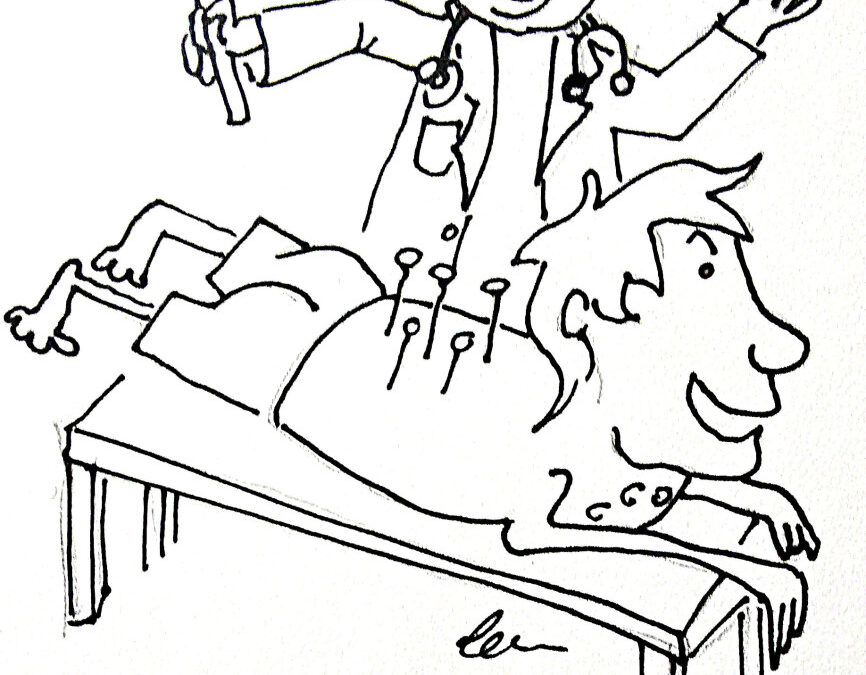
by Dr. Talia Marcheggiani, ND | Mar 24, 2015 | Balance, Diet, Digestion, Docere, Education, Fitness, Food, Health, Naturopathic Philosophy, Naturopathic Principles, Nutrition, Preventive Medicine
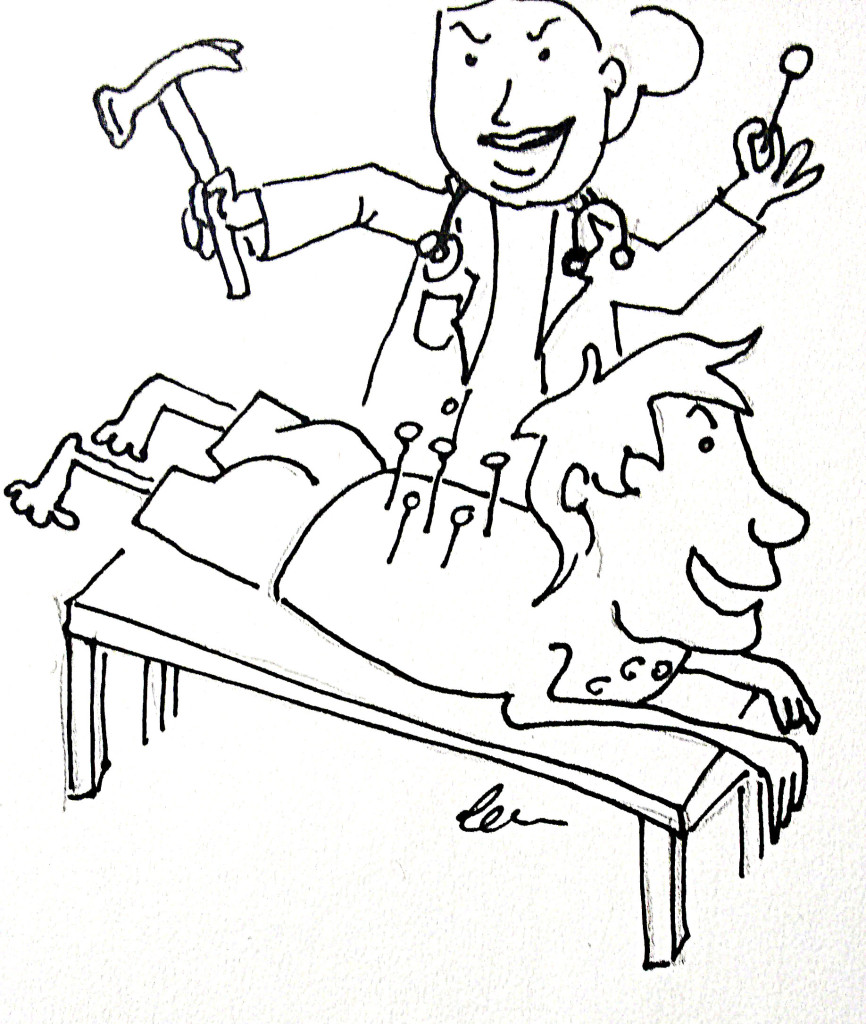 Many health complaints are common, but not normal.
Many health complaints are common, but not normal.
“I take migraine medicine everyday,” boasted L. She then went on to describe her plenitful medicine cabinet that, at the age of 23, she’d stocked quite well. “I get headaches when the weather’s bad, when I forget my glasses, when I’m hungry-” she went on. I repressed my immediate impulse to give her a list of supplements she could take and dietary changes she could make to never have another headache again, and simply said, “Well, L, you know I have a practice in the West end. If you want any more support…You can call—”
“—No, I’m good”, she responded, hurriedly. “I just need to find out how to get more of my medication.” The medication she referred to was high dose acetominophen, or Tylenol. She was taking 1 g pills and her doctor had told her that she could dose up to 4 g per day. Since 4 g will cause immediate liver failure, I was happy to learn she hadn’t needed to get that high… yet. What’s more, she wasn’t treating the cause of her condition. She was just addressing the symptoms, and consequently negatively affecting her health.
To use the car dashboard analogy, when your fuel light comes on and makes a noise while you’re driving on the highway, what do you do? Most people, without giving it another thought, will pull over to address the root cause of the chaos by adding more gas to the car. Very few of us will take out a hammer and smash the dashboard in. In fact, most of us cringe at how ridiculous the thought is. Imagine the entire naturopathic community cringing when they hear about someone swallowing several grams of Tylenol to smash out their migraine.
Pulling the car over to refuel and smashing the dashboard both serve to stop the annoying blinking and beeping of the fuel light. One of them is addressing the root cause and actually paying attention to what your car needs. The other is, well… I’ll let you come up with an appropriate adjective.
So this begs the question: why do we insist on smashing our symptoms away? The fuel light may be annoying, but drivers value its presence as a tool to let us know that we need to refuel lest we end up stranded on the highway without gas. The blinking light lets us know what is going on inside our car.
Why don’t we view our body’s symptoms in the same way?
I have patients who think that their depression is a part of them, or that the painful distention under their belly buttons after eating is “normal”. Sometimes we identify with our physical ailments to the point where they define us, as if it’s our lot in life to have acne or poor digestion or to be overweight—it’s not.
Dandruff, painful menses, seasonal allergies, aches and pains are not “normal.” Sure, they’re common. No, they don’t necessarily mean you have some life-threatening disease, and therefore your family doctor probably doesn’t have a reasonable solution for them, besides smashing at them with the hammers in their toolbox from time-to-time.
When I saw my first ND, I was excited at the idea that, even though my doctor assured me that the random, annoying symptoms I was suffering from were “normal”, they were in fact not normal and something could be done about them. From the ND’s standpoint, the symptoms were an indication of budding imbalances and treating them was preventing more serious conditions down the line. Feeling cold all the time and excessively full after meals weren’t just annoying symptoms, they were important messages from my body that things weren’t all right and that something needed to be done.
Is there an annoying symptom you’ve been experiencing that you’ve come to accept as something you just have to live with?
Contact me to find out what we can do about it!
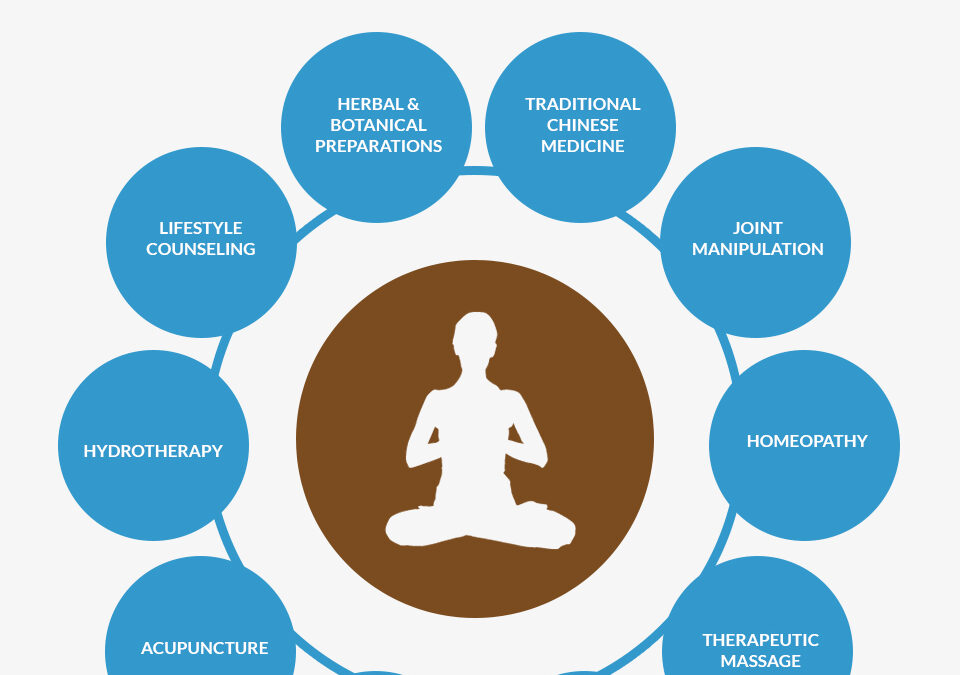
by Dr. Talia Marcheggiani, ND | Nov 7, 2014 | Medicine, Naturopathic Philosophy, Naturopathic Principles
Do you love and believe in naturopathic medicine but feel at a loss to describe it to your family and friends? Despair no more. Those at the YinOva Center in New York have created a cool infographic about naturopathic medicine, which “Alex” was kind enough to share with me. Take a read and feel free to pass it on!

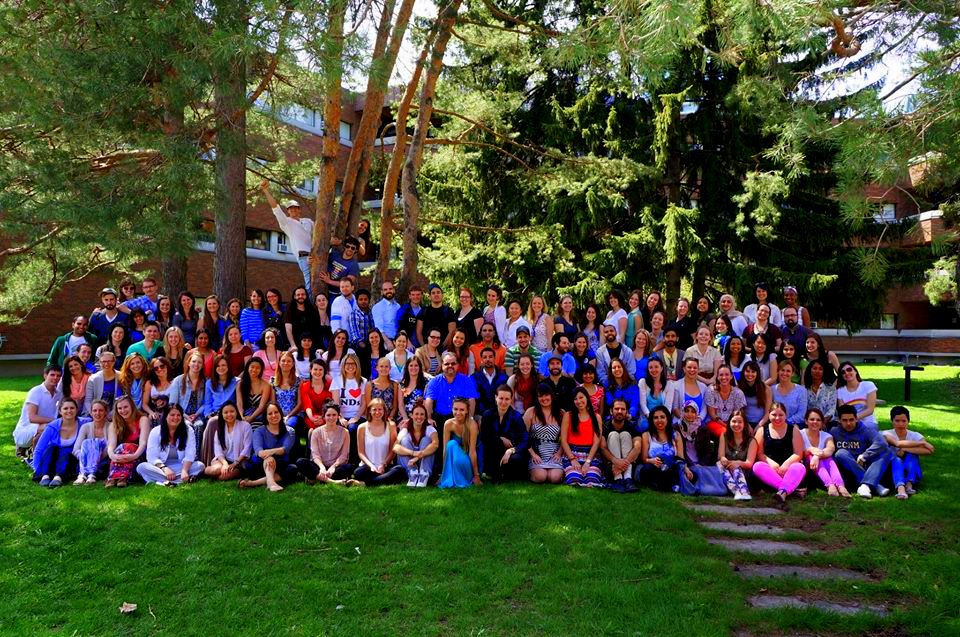
by Dr. Talia Marcheggiani, ND | Apr 18, 2014 | Canadian College of Naturopathic Medicine, Naturopathic Philosophy, Naturopathic Principles, Robert Schad Naturopathic Clinic, Student

When I was in my 2nd year at the Canadian College of Naturopathic Medicine, one of our professors, Dr. Leslie Solomonian, had our class answer 9 reflection questions. Once we had finished she collected them and told us we’d get them back once we were ready to graduate. Last week, during a celebratory lunch for our graduating class, she handed us back our reflections, giving us a chance to look back on the 4 years we’ve spent as naturopathic medical students – especially our 12 months working directly with patients in clinic, putting our naturopathic principles and modalities into practice – in order to realize how far we’ve come. Here are my answers:
(more…)

by Dr. Talia Marcheggiani, ND | Mar 20, 2014 | Canadian College of Naturopathic Medicine, Health, Medicine, Motivation, Naturopathic Principles

I remember sitting in the walk-in clinic. I’d been waiting for over an hour, not to mention the time lost denying my symptoms, waiting until they got bad enough to warrant the visit in the first place. Finally, it was my turn. I walk into the treatment room, where a thin, middle-aged doctor was seated, her hair short and grey, her eyes encased in dark, baggy skin. She didn’t smile. “How can I help you?” She asked, bored already. I began where I thought the story began, at the beginning. I got a few sentences out before she cut me off. I was surprised; couldn’t she see that all this information was relevant? I didn’t just have fatigue, it was a part of me. It was woven into the fabric of my life; it had a back-story. This doctor needed to know when it began, what my life was like at the time, what I’d tried to do to treat it myself, when it felt better, when it felt worse. I didn’t believe she could treat me without that information. Surely it all mattered.
(more…)

by Dr. Talia Marcheggiani, ND | Dec 18, 2013 | Evidence Based Medicine, Health, Naturopathic Philosophy, Naturopathic Principles, Politics, Robert Schad Naturopathic Clinic

Nettle tea: a botanical with the potential to treat acne… and not cause sudden death. Sounds like a sweet deal to me.
How does naturopathic medicine treat acne? Well, it’s quite simple, really. We turn our focus to the root cause of disease. Is there a hormonal component? Is lack of hygiene an issue? Are food sensitivities at play? Is an increased toxic load on the body resulting in an elevated burden on the skin to detoxify? Is there a mental-emotional cause or result of this acne?
(more…)
by Dr. Talia Marcheggiani, ND | Dec 13, 2013 | Health, Lifestyle, Naturopathic Philosophy, Naturopathic Principles, Robert Schad Naturopathic Clinic
When I hear the phrase, “So, Dr. Oz says…” in clinic, I feel like casting my eyes to the heavens and throwing up my arms. Hearing the successful cardiologist’s name means I either need to explain why this particular person doesn’t need to be on that particular supplement, why this caution is not applicable in this person’s case or why a certain treatment that this famous doctor recommends is probably not the best thing for this particular person at this particular time.
It’s great the there is someone in the media who is wildly popular singing natural medicine’s praises. It’s wonderful that people like him, watch his show and get excited about empowering themselves when it comes to their health. However, I have beef with hearing his name mentioned repeatedly in patient visits. The main reason: Dr. Oz is not a naturopathic doctor.
(more…)

by Dr. Talia Marcheggiani, ND | Aug 28, 2013 | Acupuncture, Health, Homeopathy, Meditation, Nature, Nature Cure, Naturopathic Philosophy, Naturopathic Principles, Nutrition, Philosophy, Preventive Medicine

First things first: sunshine, fresh air and clean water.
Contrary to common belief naturopathic doctors are not just doctors who prescribe natural remedies to patients. (This means you can not avoid visiting a naturopathic doctor by going to a local health-food store and prescribing yourself a bunch of vitamins and supplements!) After all, as previously “naturopathic” therapies invade scientific literature, more up-to-date medical doctors are prescribing things like fish oil and probiotics to their patients. However, this doesn’t make them naturopathic doctors any more than prescribing rights make us medical doctors! Naturopathic doctors differ from the traditional medical model not so much in what we prescribe or our principles (do no harm, treat the whole person, prevent disease, doctor as teacher, support the body, treat the cause), which medical doctors arguably share with us, but in something called the Therapeutic Order.
(more…)
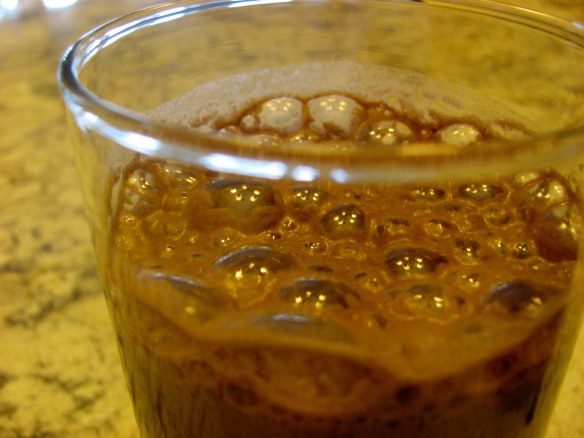
by Dr. Talia Marcheggiani, ND | Aug 21, 2013 | Food, Hydrotherapy, Natural Body Care, Nature Cure, Naturopathic Philosophy, Naturopathic Principles, Self-care, Women's health
It had been a while since I’d truly taken a vacation. After handing in 4 case management forms (CMFs) and writing 1 exam, and endless weeks of seeing patients in clinic, putting the health of others above and beyond my own, I decided that I would hang back from my rat race of assignments, expectations and obligations and indulge in a little self-care at my favourite hydrotherapy haven, Body Blitz.
(more…)
by Dr. Talia Marcheggiani, ND | Jul 9, 2013 | Health, Naturopathic Philosophy, Naturopathic Principles, Philosophy, Preventive Medicine, Treating the Cause
Many people come to see a naturopathic doctor only after they have already been to see everyone else, having run around the ring of the conventional medical establishment, all to have them conclude, “there’s nothing wrong with you.” Sometimes a patient might have heard, “it’s all in your head,” but they basically mean the same thing: “there’s nothing we can do for you. Now please leave us alone.” For the patient it might be a nice to hear that nothing serious is the the matter with them when the blood tests and other diagnostic testing come back negative, however, the symptoms that caused them to seek help in the first place still persist, leaving them feeling hopeless and confused.
After traveling to Costa Rica I experienced rapid weight gain, which I could not attribute to a change in diet or a sedentary lifestyle; I still watched what I ate and exercised. The feeling that I was gaining weight despite what I did made me feel helpless, like my body was acting of its own accord. It damaged the trust I had in my body, hindering the relationship I have with it, and the feelings of getting larger in a society that praises thinness made me feel self-conscious and ashamed.
(more…)













